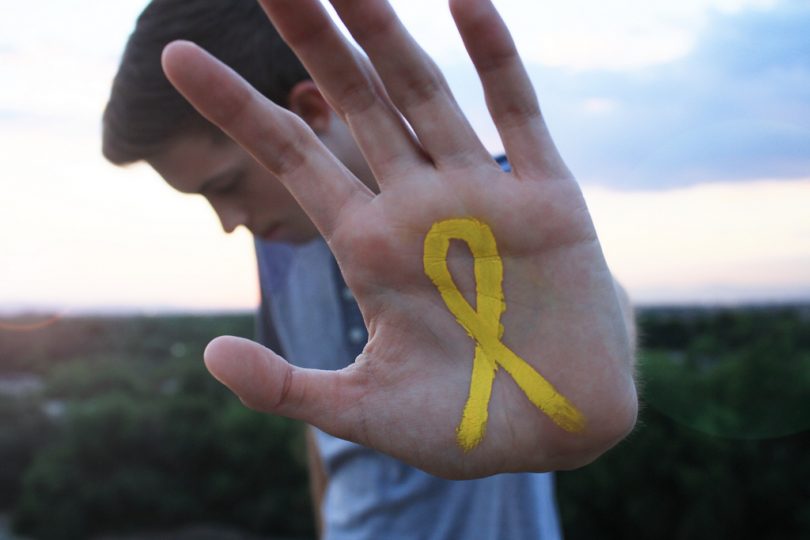
The number of Australians taking their own lives has hit a 10-year high, according to data released by the Australian Bureau of Statistics this week.
For the first time suicide deaths surpassed 3000 in 2015, two-and-half times the national road toll.
A fortnight ago these statics hit home, when my 26-year-old cousin killed himself.
Suicide remains the leading cause of death for Australians aged 15 to 44, with males three times more likely than females to take their own lives.
Grief is not an unusual feeling to me, having been to more funerals than I have birthday parties, however this time was different.
Generally you can take comfort in the fact that someone lived a full and fruitful life when they die. But it’s a dissimilar wave of emotions when a young person’s life is cut short, even more so when it’s self inflicted.
Everyone at his funeral was asking themselves a million questions beginning with the word why – Why were we blind to the signs? Why hadn’t we sent him a text or called him for a while? Why didn’t he explain why he had to go?
Knowing it wasn’t me, I sit here wondering who the last person to genuinely reach out to him was, not just through a generic chain message on R U OK day, or in small talk over dinner. I mean really asked the question, “seriously, are you okay?” Maybe no one ever had, or maybe they chose not to listen to the response.
In reality, most of us ask someone how they’re doing with the expectation that they’ll reply saying, “I’m good”, or at worst, “I’m doing alright”.
But what do we do when someone’s answer isn’t what we expect? Admittedly, I don’t know, but I do know we can’t shy away from suicide any longer. Because while we sit quiet, eight people a day feel they have no other choice but to end their life.
Now is the time to speak up and smash the stigma, encourage more conversations and help break down the barriers to reaching out.
It shocks me that we haven’t done this sooner, given close to 45 per cent of people will experience a mental health condition in their lifetime, according to an ABS survey.
Approaching the topic demands sensitivity and sincerity. As many of us have learnt the hard way, that three-word question could be a matter of life and death.
Next time you ask someone about their feelings take the time to really listen to their answer, knowing that what you say could actually make the world of difference.
Be sure not to judge or make assumptions – how someone looks on the outside may be the opposite of how they’re feeling on the inside.
Encourage them to seek help, whether it’s from you, a professional or a stranger. There’s absolutely no shame in admitting you’re struggling.
Follow up, it’s not just about ringing your friend up one day in September, but calling them up tomorrow and the next day to check how they’re tracking.
Putting a stop to suicide requires more than just asking a simple question. It’s an ongoing process that’s bigger than a day and takes an entire community to prevent. While it isn’t easy, take it from me, it’s nowhere near as hard as dealing with what happens once it’s too late.
If you or someone you know is struggling please contact beyondblue on 1300 22 4636 or visit www.beyondblue.org.au

